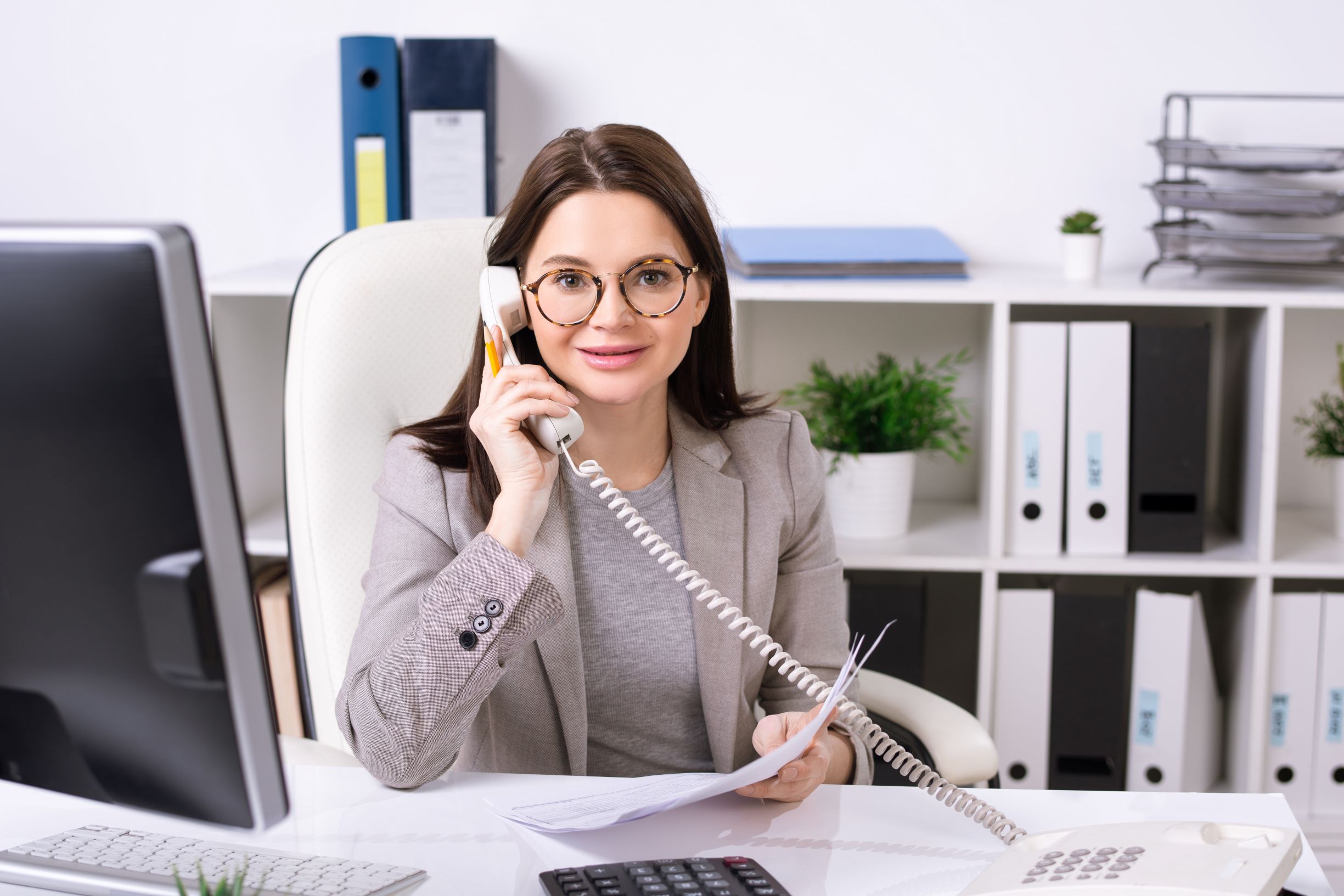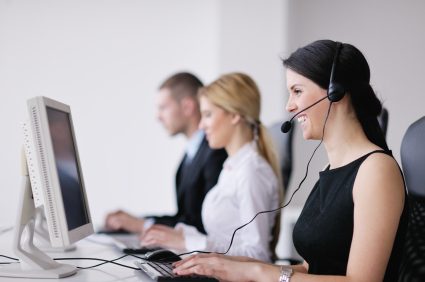All Categories
Featured
Table of Contents
What Do How Answering Services Work Services Include?
This device and its followers were designed by Sava Jacobson, an electrical engineer with a private consulting business. While early voice mail used magnetic tape technology, the majority of modern-day equipment utilizes solid state memory storage; some devices use a mix of both, with a solid-state circuit for the outgoing message and a cassette for the incoming messages.
"toll conserving" listed below) (virtual telephone answering). This is helpful if the owner is screening calls and does not want to speak to all callers. In any case after going, the calling party needs to be notified about the call having actually been addressed (in many cases this starts the charging), either by some remark of the operator, or by some greeting message of the little bit, or addressed to non-human callers (e.
This holds specifically for the Littles with digitally stored welcoming messages or for earlier devices (prior to the increase of microcassettes) with a special unlimited loop tape, different from a 2nd cassette, devoted to recording. There have actually been answer-only devices with no recording abilities, where the greeting message needed to inform callers of a state of present unattainability, or e (answer phone service).
What Do Virtual Receptionist Perth - Local Phone Answering Service Services Include?

about availability hours. In taping TADs the welcoming typically contains an invite to leave a message "after the beep". An answering device that utilizes a microcassette to tape-record messages On a dual-cassette answerphone, there is an outgoing cassette, which after the specified number of rings plays a pre-recorded message to the caller.

Single-cassette answering devices include the outgoing message at the beginning of the tape and inbound messages on the staying area. They initially play the announcement, then fast-forward to the next offered space for recording, then tape the caller's message. If there are lots of previous messages, fast-forwarding through them can cause a significant delay.
This beep is often described in the welcoming message, requesting that the caller leave a message "after the beep". Littles with digital storage for the tape-recorded messages do disappoint this delay, naturally. A little bit may provide a remote control facility, whereby the answerphone owner can call the house number and, by getting in a code on the remote telephone's keypad, can listen to recorded messages, or delete them, even when away from home.
Who Makes The Best Answering Machine

Therefore the device increases the number of rings after which it responds to the call (usually by two, leading to four rings), if no unread messages are presently stored, but answers after the set number of rings (normally 2) if there are unread messages. This allows the owner to discover out whether there are messages waiting; if there are none, the owner can hang up the phone on the, e.
Some makers also permit themselves to be from another location triggered, if they have been changed off, by calling and letting the phone ring a particular large number of times (generally 10-15). Some company abandon calls currently after a smaller sized variety of rings, making remote activation impossible. In the early days of Little bits a special transmitter for DTMF tones (dual-tone multi-frequency signalling) was regionally required for push-button control, given that the formerly employed pulse dialling is not apt to convey proper signalling along an active connection, and the dual-tone multi-frequency signalling was carried out stepwise.
Any incoming call is not identifiable with regard to these residential or commercial properties in advance of going "off hook" by the terminal devices. So after going off hook the calls need to be switched to appropriate gadgets and only the voice-type is immediately available to a human, but maybe, nonetheless should be routed to a LITTLE (e.
Best Telephone Answering Service - Dexcomm - U.s. Based Deals Near Me
What if I told you that you do not need to actually pick up your gadget when answering a consumer call? Somebody else will. So convenient, right? Addressing call doesn't need someone to be on the other end of the line. Efficient automated phone systems can do the technique simply as efficiently as a live representative and often even much better.
An automated answering service or interactive voice reaction system is a phone system that communicates with callers without a live individual on the line - call answering services. When companies use this technology, consumers can get the answer to a question about your service just by utilizing interactions set up on a pre-programmed call flow.
Although live operators upgrade the customer care experience, numerous calls do not need human interaction. An easy taped message or directions on how a customer can retrieve a piece of information normally solves a caller's instant need - phone answering service. Automated answering services are a simple and efficient method to direct inbound calls to the best individual.
Who Has The Best 5 Mistakes To Avoid When Hiring A Phone Answering Service Service?
Notification that when you call a company, either for support or item inquiry, the very first thing you will hear is a pre-recorded voice welcoming and a series of alternatives like press 1 for customer support, press 2 for inquiries, and so on. The pre-recorded alternatives branch out to other options depending on the client's selection.
The phone tree system helps direct callers to the best person or department using the keypad on a mobile phone. In some instances, callers can use their voices. It's worth keeping in mind that auto-attendant options aren't limited to the ten numbers on a phone's keypad. Once the caller has picked their very first option, you can create a multi-level auto-attendant that utilizes sub-menus to direct the caller to the right sort of help.
The caller does not need to communicate with an individual if the auto-attendant phone system can manage their concern. The automated service can route callers to an employee if they reach a "dead end" and need help from a live representative. It is costly to employ an operator or executive assistant.
Who Has The Best Professional Call Answering Services: Everything You ...?
Automated answering services, on the other hand, are considerably less costly and supply significant cost savings at an average of $200-$420/month. Even if you don't have committed personnel to manage call routing and management, an automated answering service improves efficiency by allowing your team to concentrate on their strengths so they can more efficiently invest their time on the phone.
A sales lead routed to consumer service is a lost shot. If a client who has item concerns reaches the wrong department or gets insufficient responses from well-meaning workers who are less trained to deal with a specific type of concern, it can be a cause of disappointment and frustration. An automated answering system can lessen the number of misrouted calls, thus assisting your staff members make much better use of their phone time while maximizing time in their calendar for other tasks.
With Automated Answering Systems, you can create an individualized experience for both your personnel and your callers. Make a recording of your main greeting, and just upgrade it regularly to show what is going on in your organization. You can create as lots of departments or menu alternatives as you desire.
Latest Posts
High-Quality Virtual Reception Solutions
Reliable Live Receptionist Service ( Adelaide 5006)
Innovative Business Answering Service Near Me – Canberra